In Italian, bellezza means “beauty.” But in Italy, beauty goes beyond appearance—it touches the soul. From the Etruscans to the Renaissance and into modern times, the words bello and bellissimo describe not only what pleases the eye but also what stirs emotion. The roots of Etruscan beauty and wellness can be traced through their unique culture—especially in Tuscany—where beauty was a balance of inner and outer well-being.
We call someone a bella persona when they are kind and compassionate. We use bel libro or bel film when a book or movie moves us deeply. But where does this holistic idea of beauty come from?
While we can’t pinpoint an exact origin, the Etruscan culture—especially in Tuscany—has long fascinated me for its deep connection to beauty and wellness.
The Etruscans: Origins and Mysteries
The Etruscans were an ancient civilization that thrived in Etruria, the area we now know as Tuscany and Umbria. They lived between the Tiber and Arno rivers, extending north of Rome. At their peak in the 6th century BCE, the Etruscans influenced Roman culture in many ways.
But their origins remain a mystery. Some believe they came from Anatolia before 800 BCE. Others argue they were native to Italy. Despite ongoing theories, the roots of this fascinating culture are still unclear.
The Etruscan Pursuit of Beauty
The Etruscans valued beauty in every aspect of life. From their choice of scenic settlements to their daily grooming rituals, beauty and well-being were central. Archaeological sites reveal thermal baths, decorative pottery, and even cosmetic containers and tools.
Both men and women took great care of their health and appearance. Their philosophy celebrated the idea of “being well” and “being beautiful”—a balance between body and spirit that feels surprisingly modern.
Wellness and Nature: The Etruscan Way
Etruscan knowledge of natural remedies was advanced. They used local herbs and plants for both beauty and health. From rosemary and myrtle to sage and rosehip, their herbal practices laid the foundation for ancient pharmacy and cosmetology.
Many of these same herbs still grow across Tuscany today, connecting us to the natural world in the same way the Etruscans once did.
Etruscan Women in Tuscany
Etruscan women were admired for their beauty but also for their independence. Greek and Roman writers often criticized them for being too free-spirited and too visible in society. But that visibility was real—Etruscan women held power in both family and public life.
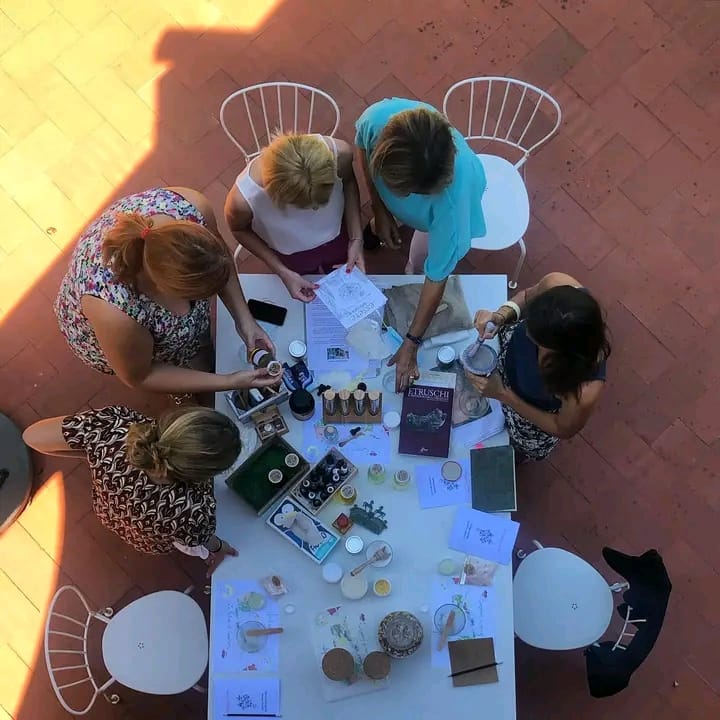
Unlike their Greek and Roman counterparts, who were usually excluded from public affairs, Etruscan women participated fully. They also had deep knowledge of herbal medicine and cosmetics. Their strength and freedom challenged societal norms, then and now.
Reviving Their Legacy Through Language and Herbs
In recent years, I joined a group of herbalists and pharmacists to create a cultural project in Tuscany. Our mission? To honor the legacy of Etruscan women and reconnect with their knowledge of plants and healing.
We partnered with museums and archaeological groups to research ancient remedies and gather information about these powerful women. Though much remains unknown, the fragments we’ve uncovered tell a story of innovation, balance, and resilience.
The Herbarium Workshop: Where Language Meets Nature
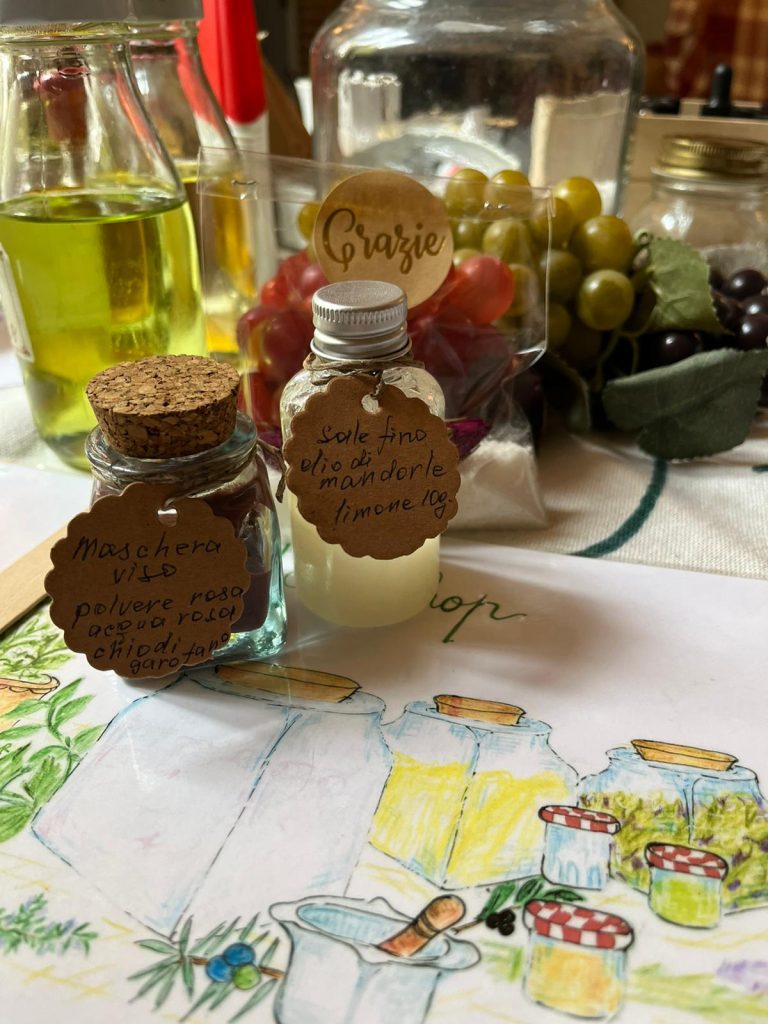
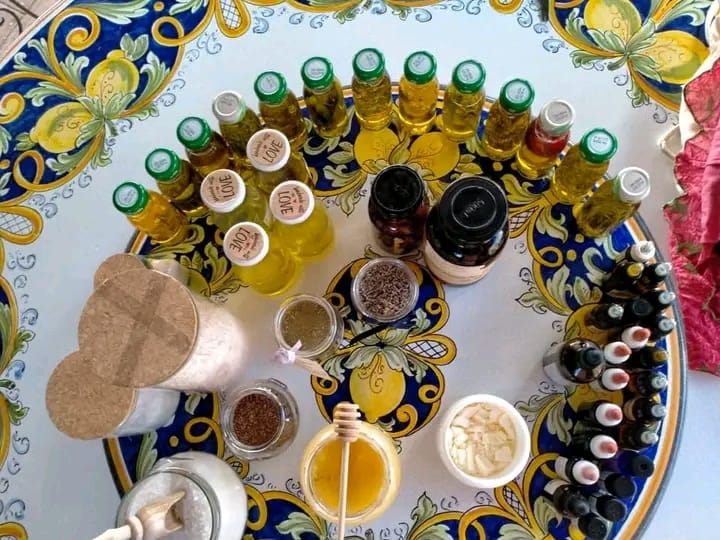
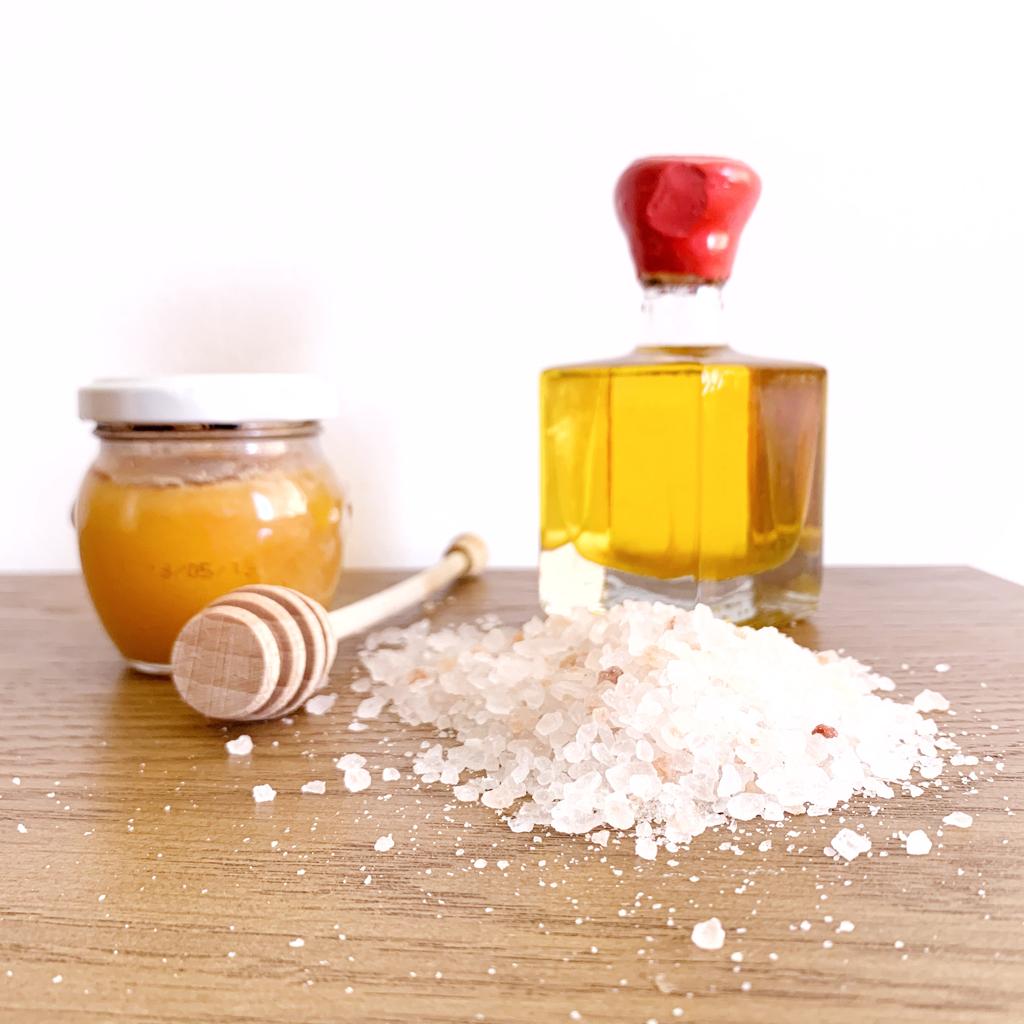
Our love for Italian language and culture inspired a hands-on experience called the Herbarium Workshop. It combines language learning with a sensory exploration of Tuscany’s natural world.
Here’s what’s included:
- Italian Language & Culture Lesson:
Learn about Etruscan women and their place in history while practicing Italian. - Botanical Workshop:
Discover herbs used in ancient times and make your own natural wellness products. You’ll explore the aromas, textures, and properties of local plants—all in Italian.
This workshop is more than just a class. It’s a way to connect with Tuscany’s past while living in the present.
A Taste of the Vocabulary
Salvia | Sage
Rosmarino | Rosemary
Mirto | Myrtle
Alloro | Laurel
Prezzemolo | Parsley
Basilico | Basil
Lavanda | Lavender
Timo | Thyme
Oli essenziali | Essential oils
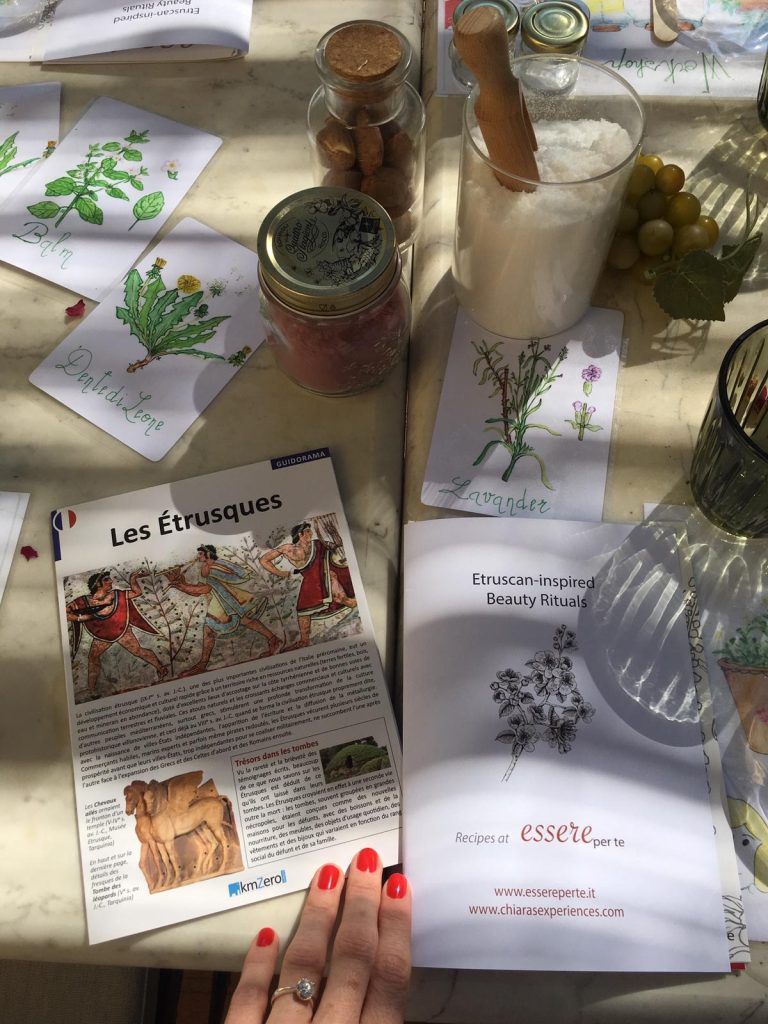
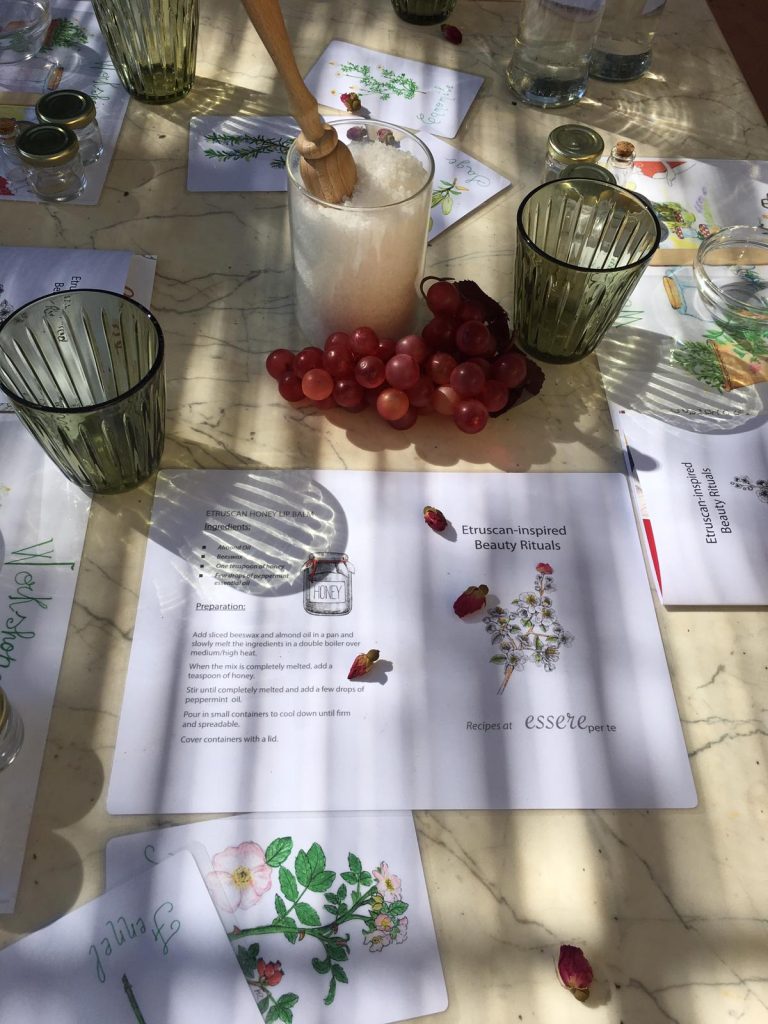
Why Etruscan Women in Tuscany Still Matter Today
The wisdom of Etruscan women—especially their understanding of beauty, health, and harmony with nature—still inspires us. Projects like the Herbarium Workshop help keep their stories alive, allowing us to learn, grow, and feel more connected to the land around us.


Subject matter sounds so interesting and quite unique. Hands-on approach ALWAYS the best way to learn. I’m sure this workshop would be a wonderful experience.
Thanks Paula!